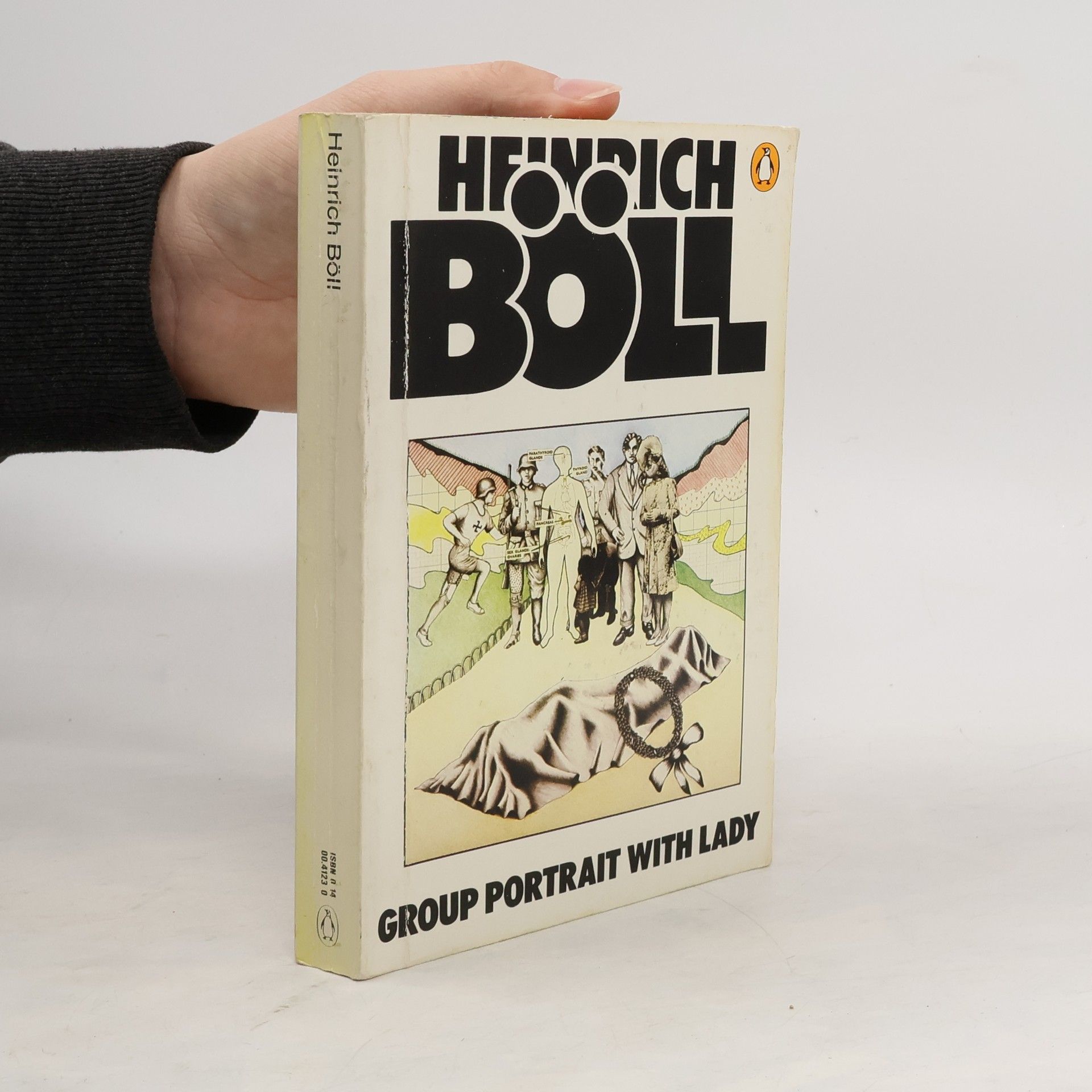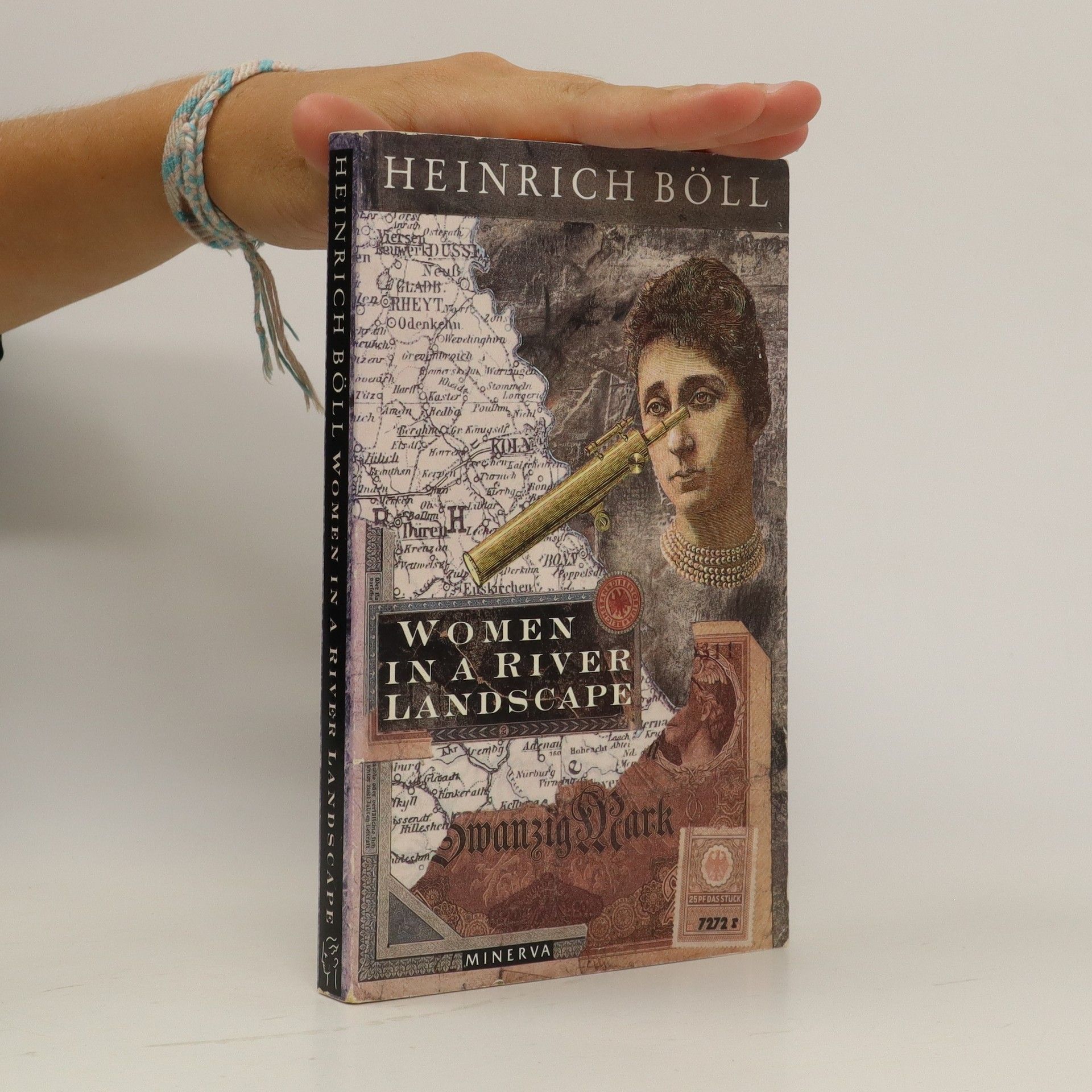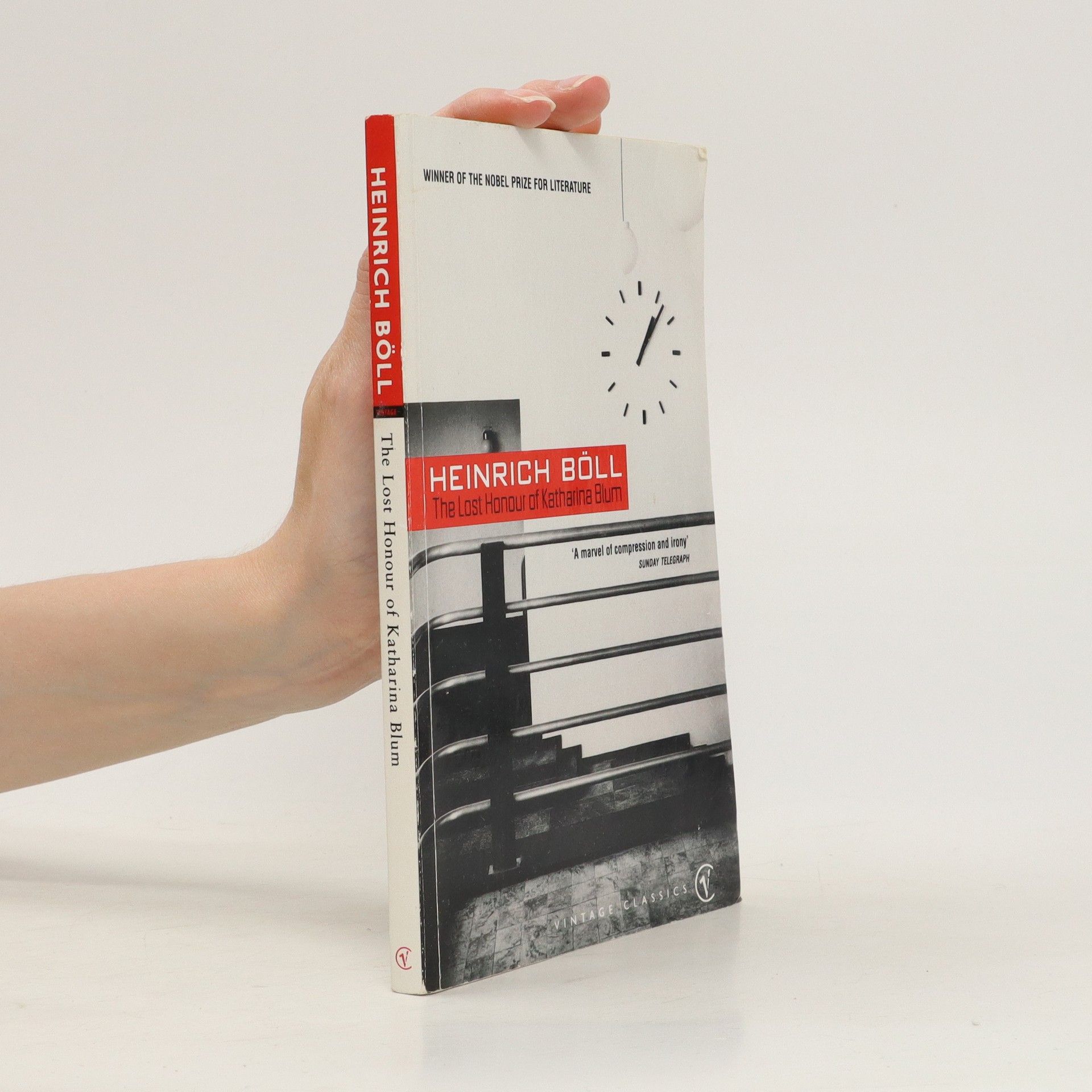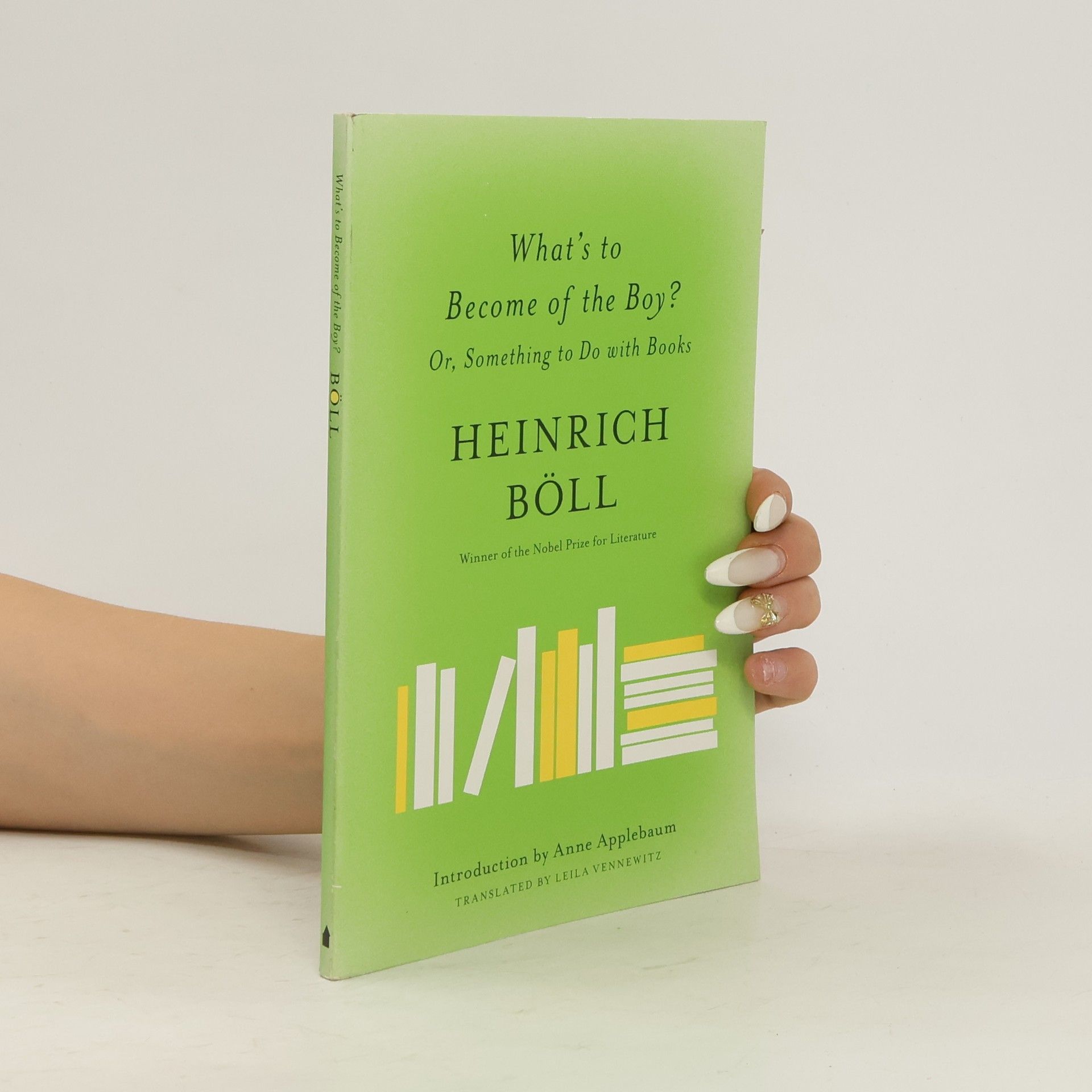English, German (translation)
Heinrich Böll Books
Heinrich Böll emerged as a pivotal voice in post-war German literature, crafting narratives that offered a broad perspective on his era while demonstrating a sensitive skill in characterization. His profound engagement with contemporary society and nuanced portrayal of individuals left a significant mark on the literary landscape. This distinctive approach earned him international acclaim, including the Nobel Prize for Literature. His widely translated works continue to resonate, making him one of Germany's most enduringly read authors.

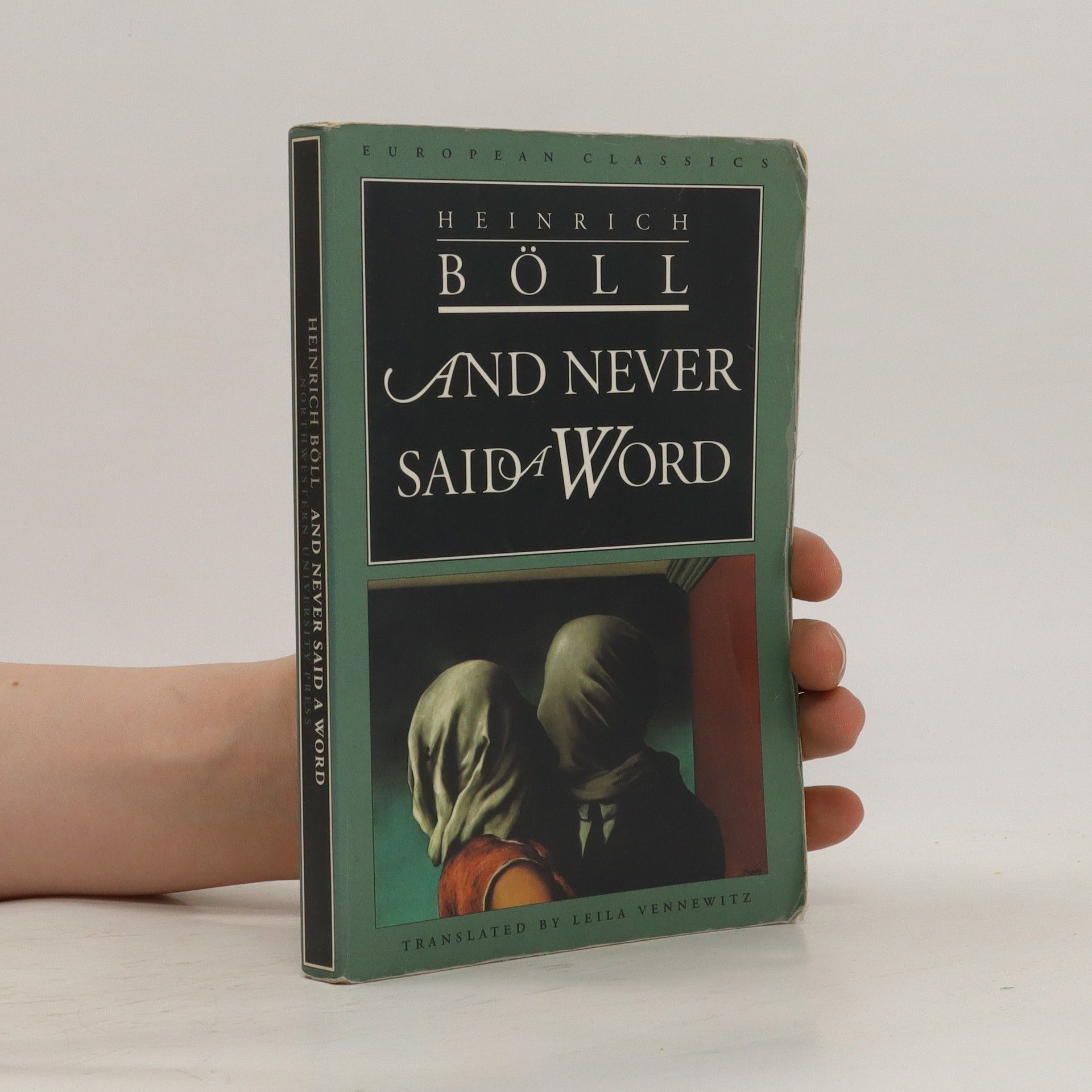
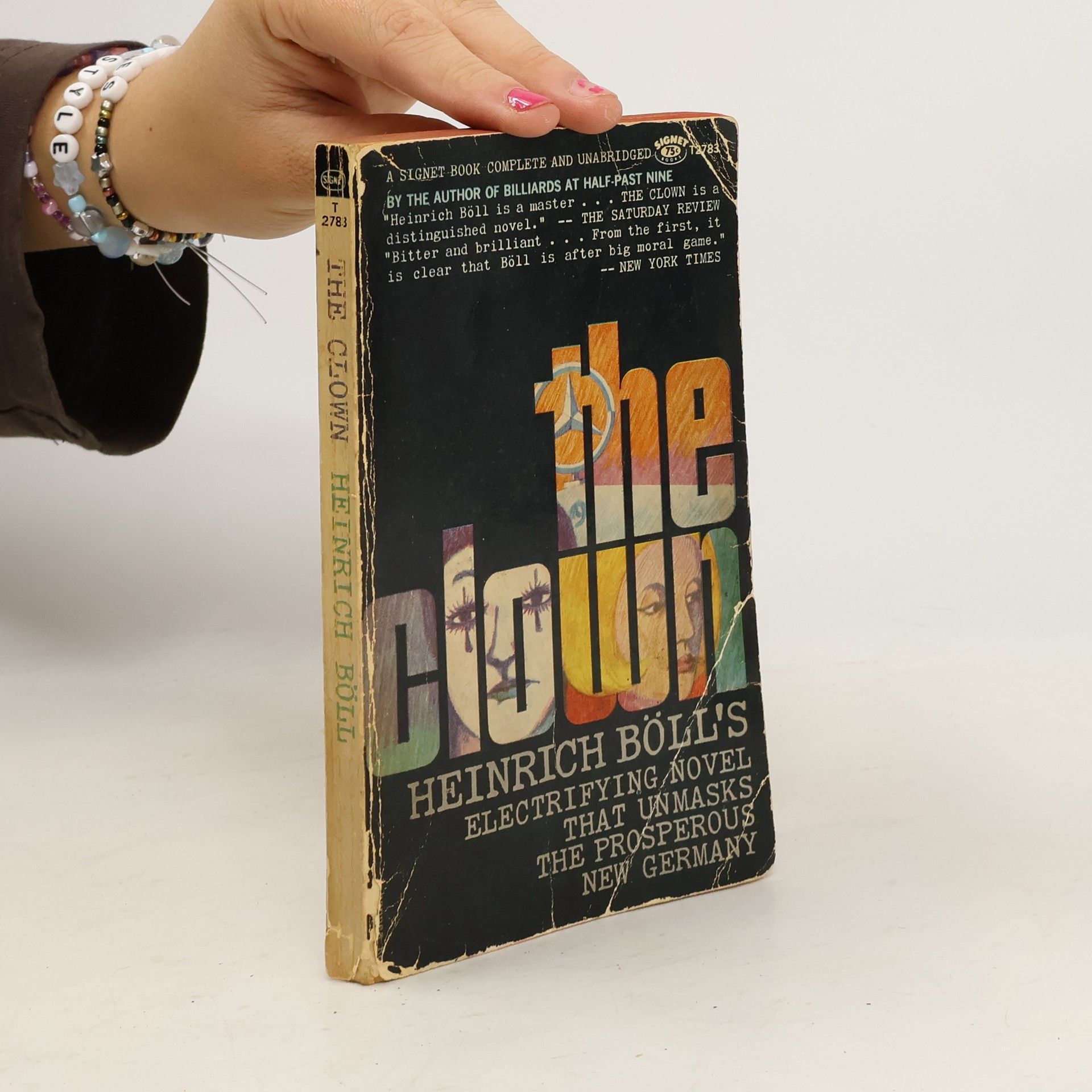
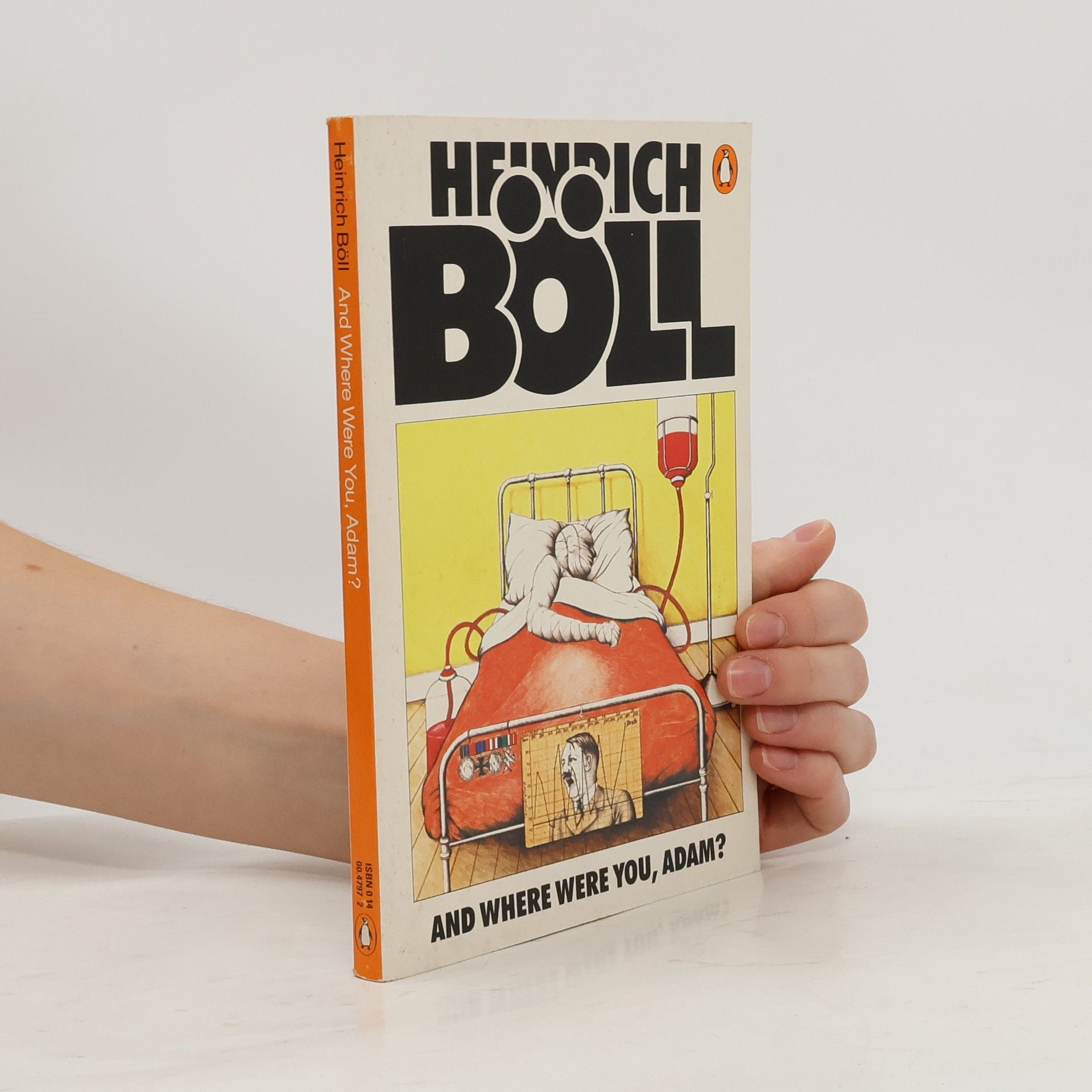

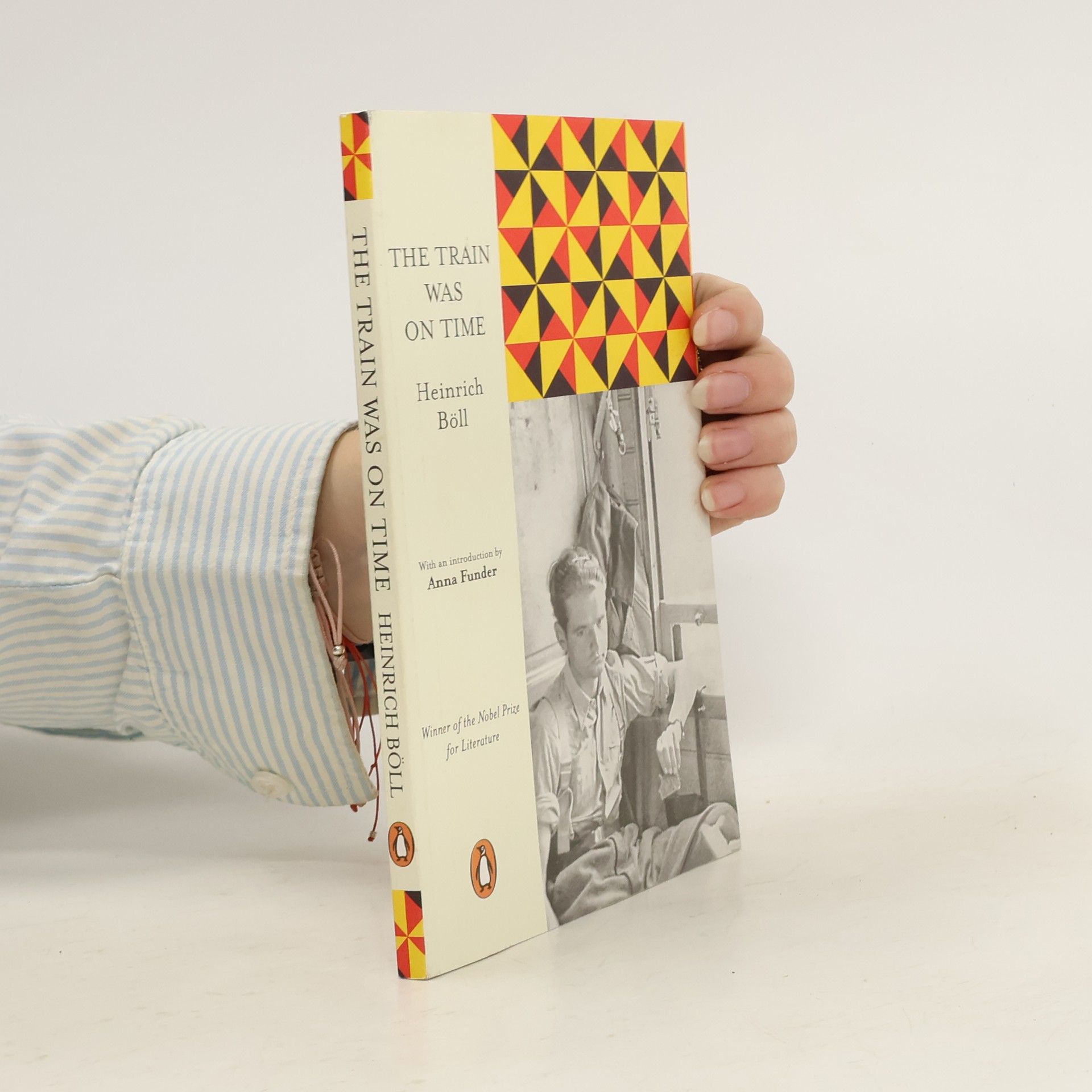

The train was on time
- 128 pages
- 5 hours of reading
A disillusioned 24-year-old German soldier, Andreas, travels on a troop train to the Eastern Front, haunted by a premonition of his death in five days. As he journeys towards his fate, he observes the chaos around him—the naïve soldiers, a painfully thin girl serving coffee, and the devastated landscape—with poignant clarity. Upon arriving in Poland the night before his predicted death, he meets Olina, a beautiful prostitute, and they embark on a quest to escape his grim destiny. The novel resonates deeply, capturing the fragility of life and the weight of impending doom. Critics hail it as a work of astonishing power, with one noting it reaches the highest level of creative originality and stylistic perfection. Another praises the author's unique literary outlook, while a third describes the experience of reading it as gripping, as if holding the soldier's fate in one's hands. The narrative's emotional depth and exploration of human vulnerability make it feel more necessary than ever, leaving readers stunned and reflective.
This is Ireland seen through the loving eyes of a novelist and a stranger - the lilt of the voices, the laughter of the children, the smell of the wet earth, and the warm, heady friendliness of the pubs are evoked here with amused understanding and a matchless vitality.
Hitler's once great army is broken and demoralized, the end of the war is imminent--but still soldiers are rounded up like criminals and sent to the front, Jews are 'evacuated, ' guns are fired, shells explode. In this novel Boll paints war as a series of idiocies, senseless accidents, and bizarre coincidences related only through death.
First published in 1953, And Never Said a Word is one of Heinrich Böll's finest novels. He explores the extremities of marriage with depth and compassion. Böll evokes an entire emotional world in the space of a day and a half, as husband and wife alternately relate this story of love and isolation, poverty and injustice. Weakness, as well as strength, provides the subtle emotional threads that weave the bonds of their love; married life, they discover, takes a far greater toll on all those who truly love than on those whose hearts are empty. Böll writes with a moral resonance that extracts significance from the most commonplace lives.
'It conveys, with concreteness and vitality, the, the detailed quality of ordinary life in the Hitler years and at the time of their catastrophic end' -Sunday Telegraph 'Leni (the central character) is seen through a series of interviews with witnesses who make up this huge "group portrait". This works brilliantly as a parody of fashionable documentary; then by making the story resonant with overlapping echoes; and finally by counterpointing these voices of the imagination with the terrible dead language of real documents of Nazi bureaucracy' -Guardian 'A work of considerable distinction' -The Times Literary Supplement
As West German society increasingly took on a gloss of economic well-being, Boll's trenchant novesl cut through the sleek outward show to reveal festering fears and suppurating physic states excluding poison into the system. WOMEN IN A RIVER LANDSCAPE brings this process to a fierce, fince culmination. . . Boll brings a humane understanding as well as indignation to the predicament of characters who seem not only rainted culprits but also victims of history SUNDAY TIMES.
FROM THE WINNER OF THE NOBEL PRIZE FOR LITERATURE Katharina Blum is pretty, bright, hard-working and at the centre of a big city scandal when she falls in love with a young radical on the run from the police. Portrayed by the city's leading newspaper as a whore, a communist and an atheist, she becomes the target of anonymous phone calls and sexual threats. Blum's life is systematically undone by the distortions of a corrupt press, concerned only with presenting the most salacious story. This is a chilling and unforgettable novel from a Nobel Prize-winning writer.
What's to become of the boy?
- 96 pages
- 4 hours of reading
Originally published: Bornheim [Germany]: Lamuv Verlag, 1981.
